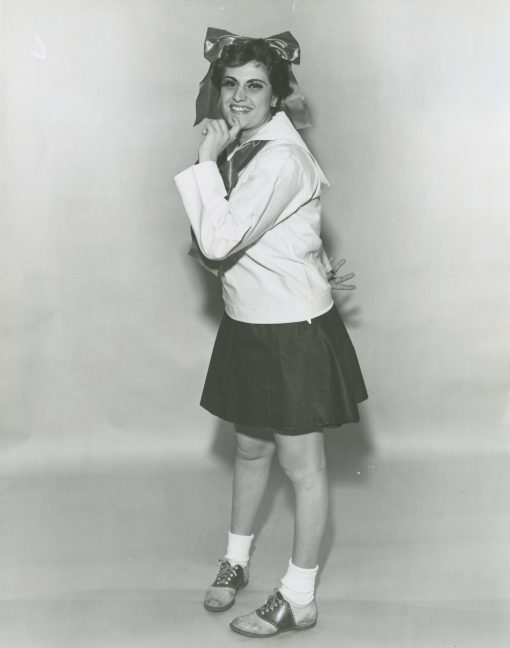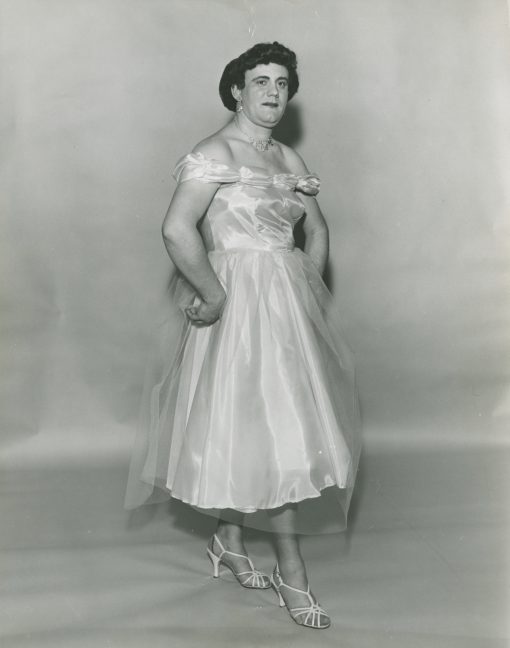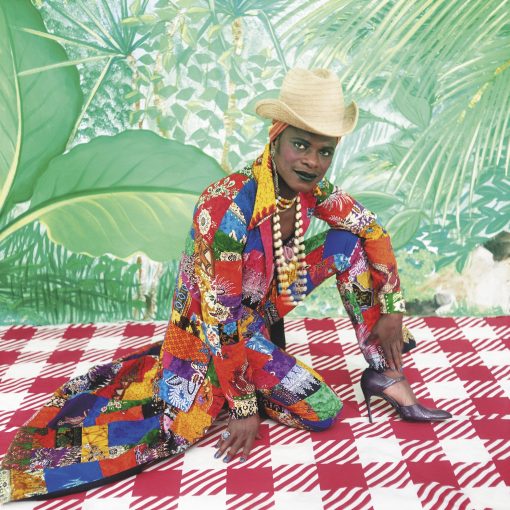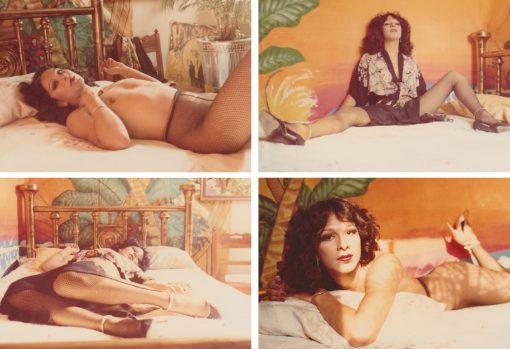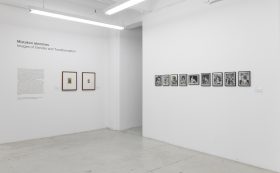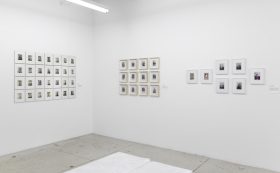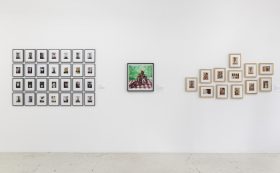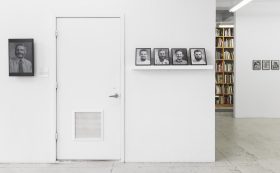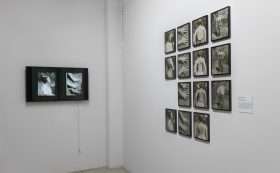Mistaken Identities
Images of Gender and Transformation
4/6/2018 — 8/11/2018
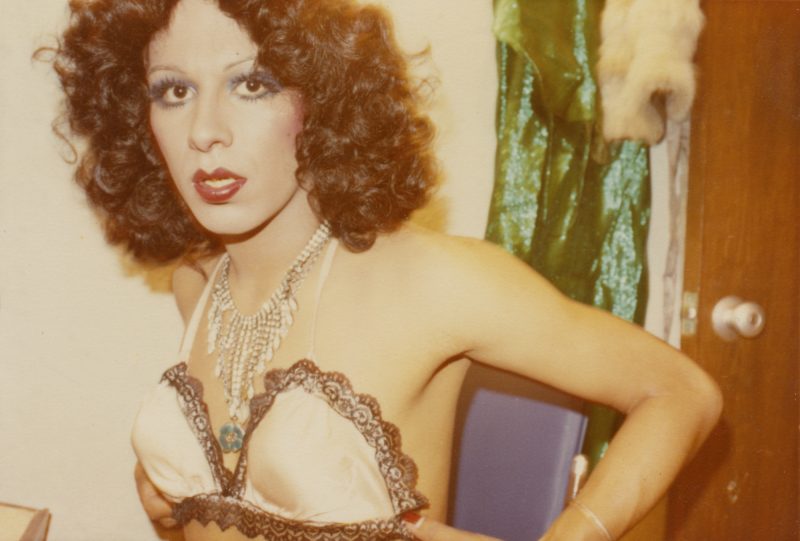
4/6/2018 — 8/11/2018
Mistaken Identities: Images of Gender and Transformation considers how photographic representations reinforce or subvert prevailing roles of gender and sexuality. In particular, the exhibition looks at instances where social roles may be deliberately exaggerated or transgressed, including photographs that involve cross-dressing, nudity, mimicry, and other acts of queering social norms. Featured photographers and their subjects manipulate the conventions of photographic portraiture to explore changing notions of gender and sexuality, including Lesbian, Gay, Bisexual, Transgender, Intersex, and Queer (LGBTIQ) identities.
The images in Mistaken Identities play with the discrepancies between public and private performance of identity. Staging the performance for the camera, they pose overt and often personal challenges to public standards of "appropriate" behavior. Depending on the social context, the subjects' role-playing may be intimate or extravagant, endearing or shocking. Considering the social signifiers of the body or the role of fashion in image making, the works in Mistaken Identities deploy portraiture to destabilize visual expectations and invert markers of identification, thereby questioning the notion of a stable, authentic self.
A nineteenth-century image of a bearded lady remains both a provocative image of a social contradiction, as well as a liberating portrait of gender transgression. A series of Polaroids of actresses on TV screens reflects conventionalized images of women in film and television. Samuel Fosso's brash color self-portrait titled La Femme américaine libérée des années 70 (1997), from the "Tati" series, shows Fosso dressed as a liberated, fashionable African-American woman. In high heels, a buff hat, and a flamboyant patchwork suit, he presents a progressive vision, reflecting the complex histories and narratives in which Africans and Westerners are intertwined.
In the extended series titled "La Tierra Prohíbida de Terry Holiday" (1979), Adolfo Patiño imagined the transsexual Mexican actress Terry Holiday as the embodiment of one of Andy Warhol's superstars, offering an exaggerated image of heteronormative female sexuality. Such works visualize the political and cultural factors that shape individual and collective subjectivities, with a particular focus on the relation between self-representation and performed social identity. Since the meanings, original uses, or intentions of the works in this exhibition are obscure or ambiguous, the viewer dictates contemporary interpretation of the sexual relationships, filial comradeship, or social relations depicted in the pictures.
Mistaken Identities is the second exhibition in The Walther Collection's multi-year series of exhibitions focused on the history of vernacular photography—utilitarian imagery made primarily for commercial or personal purposes, rather than aesthetic ones—which considers the social and historical significance of non-fine art photography in a wide range of applications.
Entitled "Imagining Everyday Life: Aspects of Vernacular Photography," the series will include five exhibitions in New York and an international scholarly symposium in Fall 2018, culminating in May 2021 with a comprehensive exhibition organized by Brian Wallis at The Walther Collection in Neu-Ulm, Germany, and accompanied by a catalogue co-published with Steidl.
"...the book is not a reader—instead, the volume perfectly summarizes the status quo of an ongoing discussion about professional and amateur, artistic, and vernacular photography."


"While vernacular photographs are sometimes discounted due to the lack of context that surrounds their making or intention, the selections here are evidence of projects that were undertaken with consistent care and attention, and the curatorial mix leverages their collective power to encourage us to embrace more broadly ambiguous definitions of gender. The combination reinforces the interlocked ideas that vernacular photographs have their own important stories to tell, and that even in the face of rigid stereotypes and social constructs, personal identity is far more ingeniously malleable than we might imagine."
–Loring Knobloch
